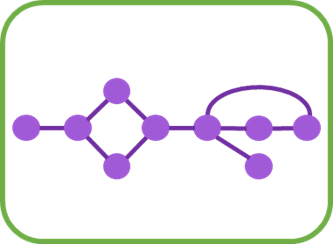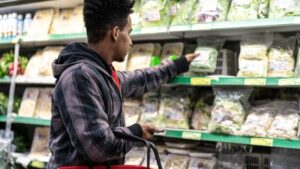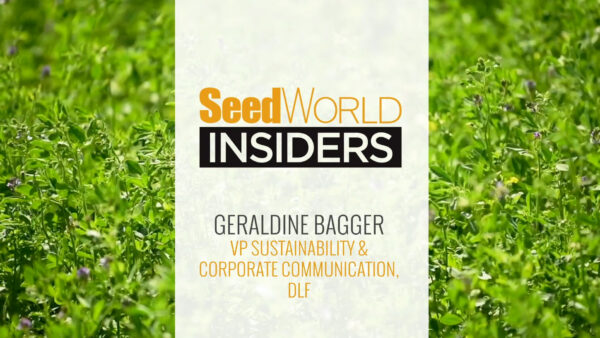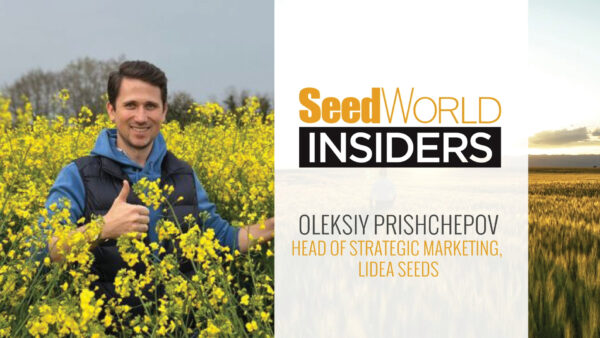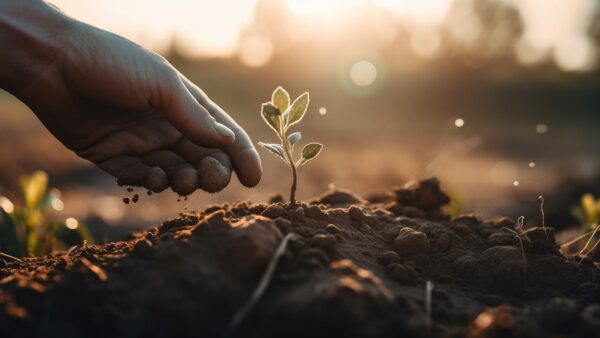PanGenomes describe the available genetic diversity within, for instance, plant species, crops or germplasm collections. Because of diminishing costs of genome sequencing, increasing speed of reference genomes construction and advances in bioinformatics, PanGenomes have become an accessible tool. The genome insights delivered by PanGenomes can spectacularly speed up and contribute to plant breeding and research.
KeyGene is well known for its unique combination of extensive expertise in wet lab and in silico research. We offer optimized techniques for high molecular weight plant DNA isolation, the most advanced DNA sequencing platforms and breakthrough bioinformatics pipelines and tools. This combination has already allowed KeyGene to successfully support partners in building and applying plant PanGenomes.
At KeyGene, we underpin the value of PanGenomes and support partners in constructing and using it. Therefore, we organize this two-part webinar on PanGenomes, where we explain what one needs to be able to construct PanGenomes and highlight their value in breeding and research. The two-part webinar will also show KeyGene capabilities in successfully generating and using PanGenomes.
Participation is free of charge.
=> Register here for Part 1 of KeyGene’s two-part webinar on PanGenomes
=> Register here for Part 2 of KeyGene’s two-part webinar on PanGenomes
Program of KeyGene’s two-part webinar on PanGenomes
Part I: Building for a PanGenome, Wednesday 17 February 2021, 16-17h CET
- A high-quality reference genome as a basis for a useful PanGenome, Alexander Wittenberg, Genomics Scientist, KeyGene
- The why of PanGenomes and a glimpse of KeyGene capabilities in PanGenome construction, Erwin Datema, Senior Scientist Genome Informatics, KeyGene
- The needs for a PanGenome and its value, Rod Wing, Professor Plant Science and Director of Center for Desert Agriculture, KAUST

=> Register now for Part 1 of KeyGene’s two-part webinar on PanGenomes
Part 2: Construction and use of a PanGenome, Thursday 18 March 2021, 16-17h CET
- State-of-the art tools for PanGenome construction at KeyGene, Erwin Datema, Senior Scientist Genome Informatics, KeyGene
- Applications of PanGenome in breeding and research, René Hofstede, Program Scientist, KeyGene
- The value of a PanGenome for crop breeding, Allen Sessions, Senior Principle Scientist and Crop Genetics Team Lead, BASF

=> Register now for Part 2 of KeyGene’s two-part webinar on PanGenomes


